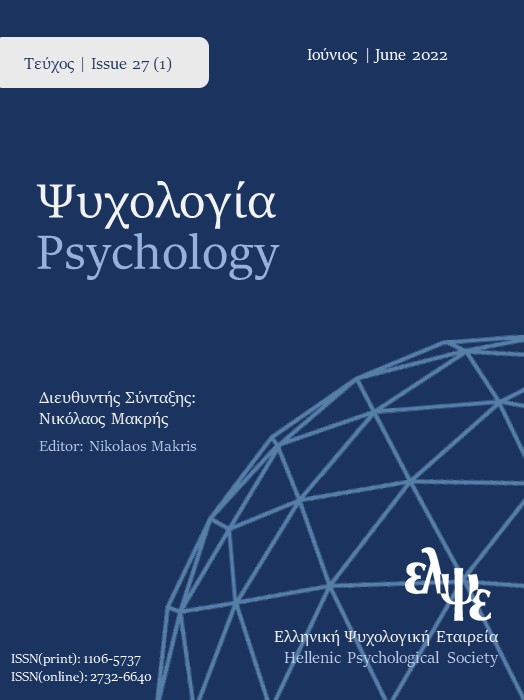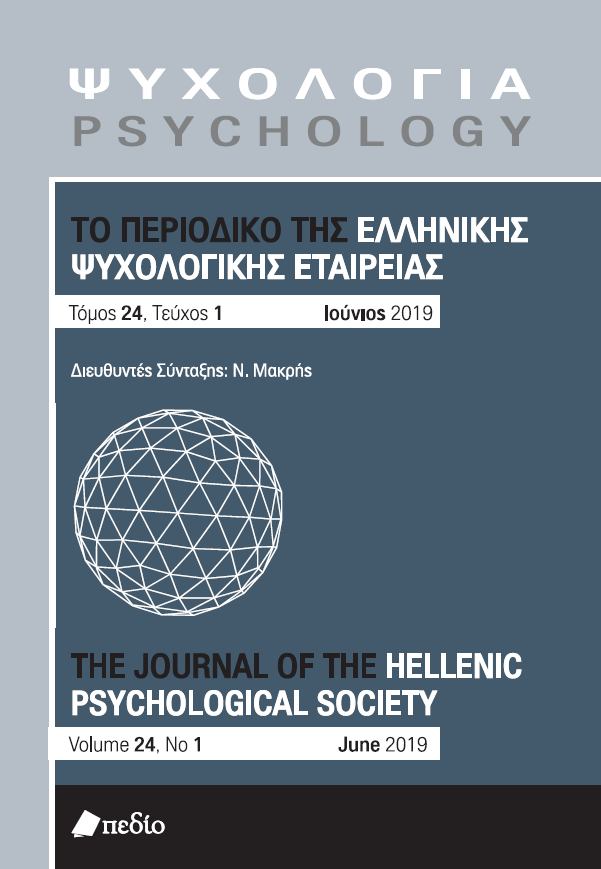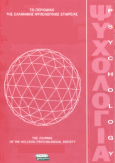Conceptual change and teaching in the light of Framework Theory

Abstract
Framework Theory provides a coherent theoretical framework that helps us understand the cognitive mechanisms involved in constructing mental representations and interpreting reality. In particular, it facilitates our understanding of the difficulties faced by children and novices in a scientific field in the process of constructing scientific knowledge. Prior knowledge structures in a topic that individuals deem relevant to new knowledge sometimes hinder rather than facilitate the acquisition of scientific knowledge. Understanding the cognitive mechanism, which is activated during the transformation of prior intuitive knowledge into scientific, allows the understanding of the creation of misunderstandings. This understanding places Framework Theory at the core of Cognitive Science and, at the same time, a powerful tool for designing effective teaching interventions.
Article Details
- How to Cite
-
Pnevmatikos, D. (2022). Conceptual change and teaching in the light of Framework Theory. Psychology: The Journal of the Hellenic Psychological Society, 27(1), 117–122. https://doi.org/10.12681/psyhps.30688
- Section
- SPECIAL SECTION

This work is licensed under a Creative Commons Attribution-ShareAlike 4.0 International License.
The journal PSYCHOLOGY adopts a Platinum open-access policy. Submission, processing or publication costs are waived by the Hellenic Psychological Society. Papers published in the journal PSYCHOLOGY are licensed under a 'Creative Commons Attribution-ShareAlike 4.0 International' licence. The authors reserve the copyright of their work and grant the journal the right of its first publication. Third-party licensees are allowed to use the published paper immediately after publication as they wish, provided they retain the defined by the license copyright formalities, regarding the reference to its author(s) and its initial publication in the journal PSYCHOLOGY. Moreover, any adjusted work should be shared under the same reuse rights, so with the same CC license.




